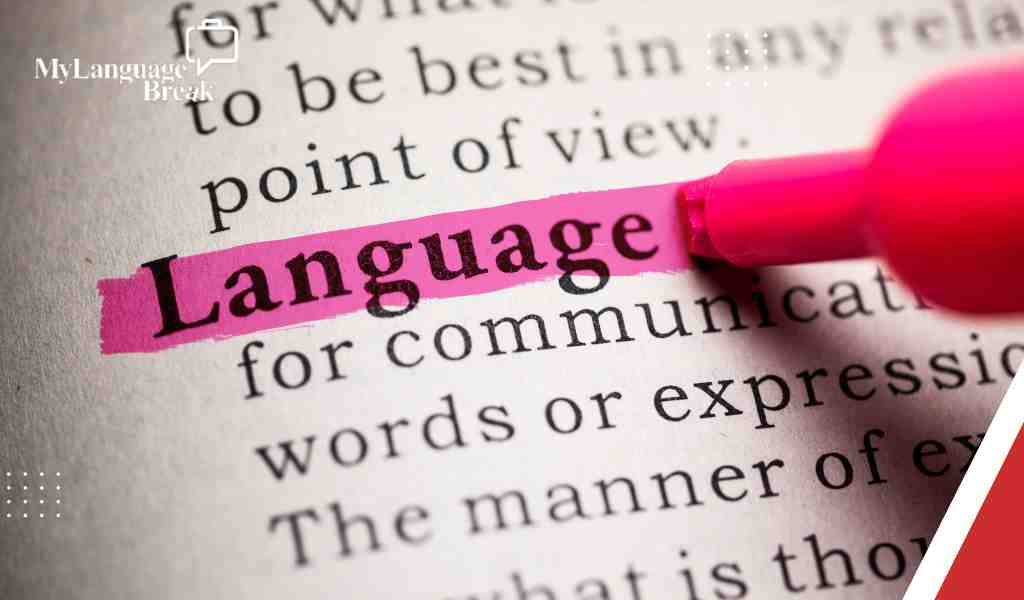French speakers may find learning a different language intimidating, but it can be an incredibly rewarding experience. For French speakers, some languages are more difficult to learn than others due to the similarities between French and other romance languages like Spanish or Italian. However, there are still many foreign languages that can challenge even the most experienced French speakers.
Languages like Mandarin Chinese and Japanese require significantly more study time given that their writing systems are quite different from those used in Romance languages. Additionally, slang is commonly used and important for native fluency in these two particular languages, making them all the more difficult for a French speaker to master. Arabic is another language that uses entirely different characters than Latin-based alphabets, making it especially challenging for a French speaker to learn.

Why are there languages that are difficult to learn?
Learning a new language can often be challenging, especially when it is completely unrelated to the language one already knows. For French speakers, some of the most difficult languages to learn are those that are not part of the Indo-European family of languages. This includes languages like Japanese, Chinese, and Arabic. These languages all have totally different writing systems and grammar rules, which can make them incredibly difficult for French speakers to learn. Furthermore, these languages have completely different vocabularies with little overlap with the French language. Trying to learn a language such as Mandarin or Arabic without any prior knowledge of their writing system or pronunciation can be particularly daunting for French speakers. However, with enough motivation and dedication, anyone can master any language they set their mind to!
What are the Top 10 Hardest Languages to Learn for French Speakers?

For French speakers, some of the top 10 hardest languages to learn are Chinese, Arabic, Korean, Japanese, Russian, Polish, Hungarian, Dutch, Finnish, and German. Each language has unique characteristics that make it difficult for a French speaker to master. For example, Chinese is a tonal language, which means the same word can have different meanings depending on how it is pronounced. Similarly, Arabic uses a complex script that includes 28 consonants and three different forms of writing: formal and informal letters as well as a cursive style. Korean has an entirely different alphabet than French, with its own set of rules for pronunciation. Japanese has multiple sets of characters that are distinct from those used in other countries. The grammatical structure of Russian is also quite different from French; Polish and Hungarian have their own unique sounds; Dutch follows its own system of spelling; Finnish has more vowels than other languages; and German’s grammar can be difficult to understand for French speakers due to its numerous tenses. All these factors make these ten languages among the most challenging for French speakers to learn.
What is the easiest language to learn for French speakers?

For French speakers, the easiest language to learn is usually Spanish. This is because the two languages share many of the same vocabulary and grammar rules. In addition, there are numerous similarities between the two phonetic systems, which make it easier for French speakers to understand and pronounce Spanish words. Furthermore, due to their geographical proximity, there are lots of similarities in pronunciation and even some words that have identical meanings in both languages. As a result, learning Spanish for French speakers can be relatively easy and straightforward if they invest time and effort into it. Moreover, there are also many resources available online, such as videos, tutorials, or audio lessons, which can help them improve their understanding of the language.
What makes a Language hard to learn?

Learning a language is not easy, and there are many factors that can make it harder for some people than others. One of the biggest challenges of learning a new language is mastering its grammar rules and syntax. This can be especially difficult if the language has complex rules or if it’s significantly different from your native language. Vocabulary can also be a challenge; some languages have more words than others, and some words may have multiple meanings. On top of this, pronunciation can be tricky as well; depending on the language, you may need to learn how to make unfamiliar sounds or master an accent that’s different from your own. Even something as seemingly simple as memorizing verb conjugations can be difficult in some languages. All these elements combined can make learning a new language very challenging, but with enough practice and dedication, you may eventually become proficient!
Commonly Learned Languages
Learning a new language can be an exciting way to open up new opportunities and experiences. There are many languages that people commonly learn, such as French, Spanish, German, and Italian. Learning one of these four languages can help you communicate with people in many different countries and understand the culture better. Additionally, learning one of the most commonly learned languages can make it easier for you to learn other languages quickly. For example, if you know Spanish, you may find it easier to pick up Portuguese or Italian because they all share similar grammar rules and structures. Learning a new language is also great for your brain because it helps with cognitive development and learning new things. Overall, there are many benefits to learning any language but especially some of the most commonly learned ones.
Conclusion
In conclusion, it is clear that French speakers have both advantages and disadvantages when attempting to learn a new language. While some languages may be more difficult due to their unfamiliarity, others might be easier because of their shared origins and language structures. Ultimately, it is up to the individual French speaker to assess which language would be most suitable for them to learn based on both their time commitment and level of interest.

